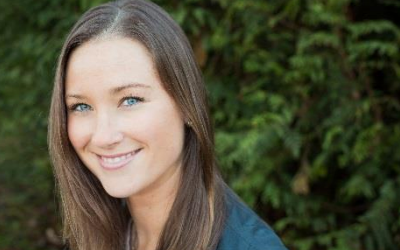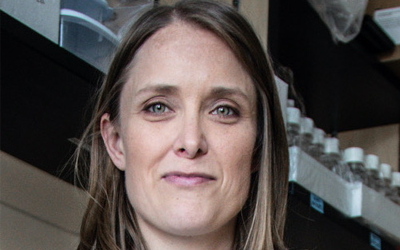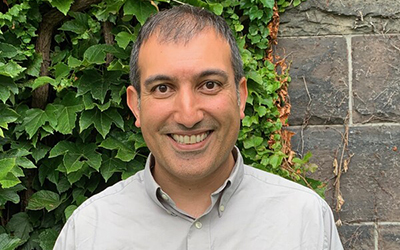Kim Jameson, University of British Columbia
$105,000 over 3 years during the 2014 – 2016 research funding cycle
Project description:
“There’s a lot of uncertainty about when to initiate these end-of-life care discussions and when it is the most appropriate.”
When clinical ethicist Kim Jameson was interviewing patients for a project involving supportive decision-making, several people with Parkinson’s disease raised the issue of end-of-life care. To Jameson’s surprise, they told her neither their family doctors nor their neurologists had discussed planning for their long-term or end-of-life care. “Some talked about wanting to initiate these discussions with their clinicians to partner with them in planning for future end-of-life care needs,” Jameson says.
So Jameson decided to talk to more people with Parkinson’s disease about their advance care planning needs. She plans to develop best practice guides to help doctors talk to their patients about these critical and sensitive issues, and to recommend ways to start the conversation. Jameson, a PhD candidate at the University of British Columbia, wants to find out what the barriers are that keep doctors from raising end-of-life care planning with their patients. She hopes her report will support health care professionals and the patients as they make these important decisions about medical intervention, pain management, artificial nutrition and hydration, and other end-of-life needs that align with people’s values, beliefs and wishes. Having these conversations in advance, “can really help families and the patients themselves to relieve the stress and uncertainty they may have,” says Jameson. “The real outcome is to generate patient-centred guidelines on how and when to engage people with Parkinson’s disease and their caregivers in advance care planning.”
Jameson plans to publish her work in academic journals, and hold workshops and educational lunch sessions in healthcare settings to inform doctors and other health care providers about appropriate ways to engage their patients and begin these conversations. She hopes her research will relieve people with Parkinson’s from feeling that the onus is on them to bring this difficult subject up with their doctors. Instead, she wants the health care professionals to feel comfortable and to have the right tools to initiate the conversations.
Jameson, who had family friends with Parkinson’s disease, says that personal experience helps to inspire her to continue with her work. She hopes her guide will not only help people with Parkinson’s disease and their doctors, but will also guide clinicians and patients who have other kinds of neurodegenerative diseases as well.







